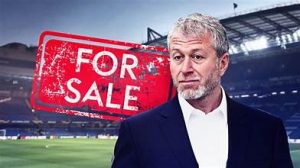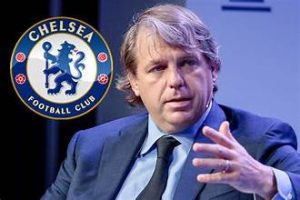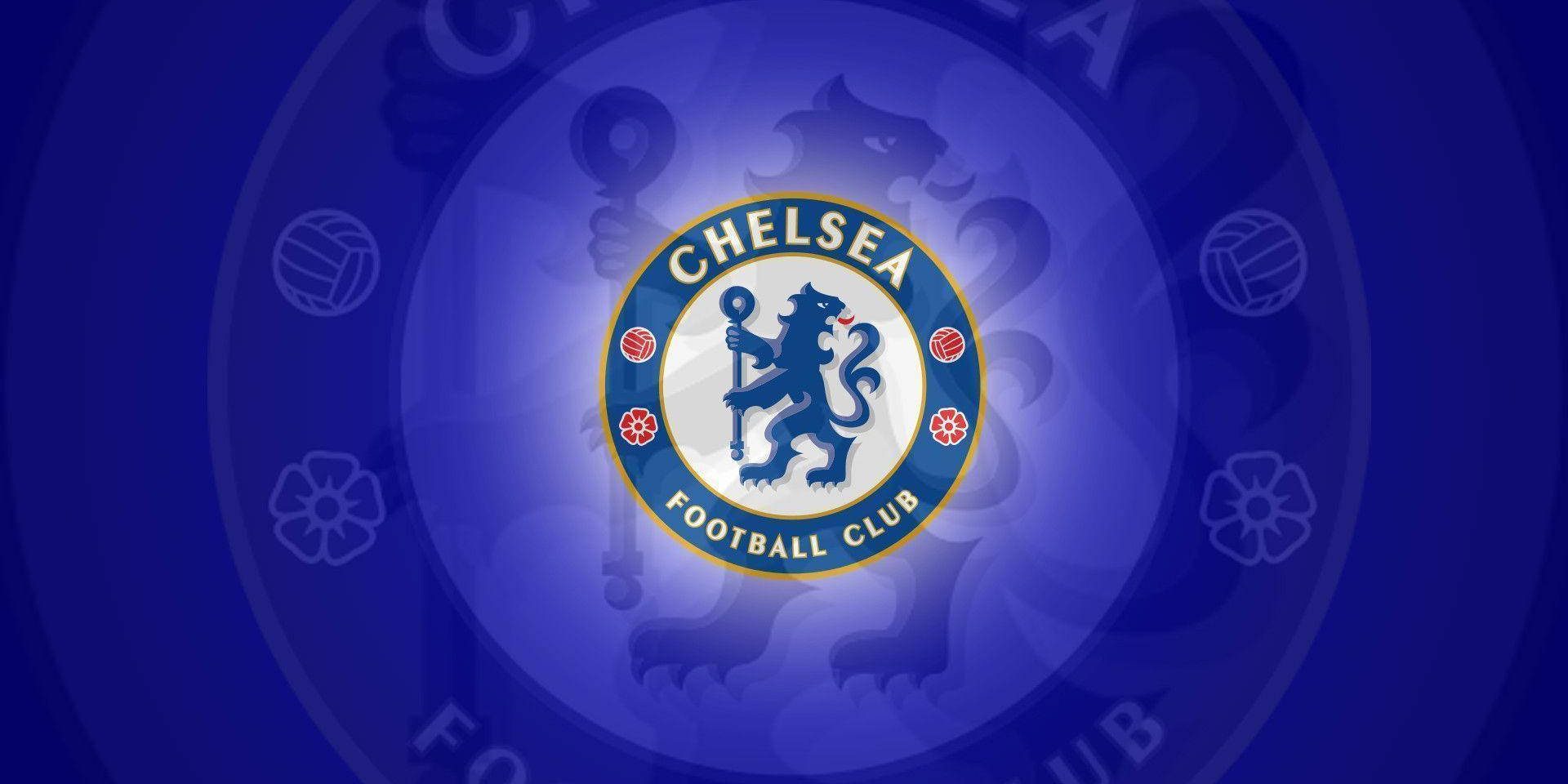Inside One of Football’s Most Dramatic Ownership Transfers

Chelsea former Boss Roman Abramovich
When Roman Abramovich put Chelsea Football Club up for sale on March 2, 2022, few could have predicted the whirlwind that would follow. Sanctions, political upheaval, fears of collapse, and a race against time—all culminating in one of the most high-stakes sales in football history. Nick Purewal’s new book, Sanctioned: The Inside Story of the Sale of Chelsea FC, unravels the untold story behind the scenes, offering exclusive insights, including a rare interview with Abramovich himself.
The sale of Chelsea was not part of any long-term plan. It was a reaction to global geopolitics. After Russia invaded Ukraine in February 2022, the UK government moved swiftly to sanction Russian oligarchs. Abramovich, despite his years of philanthropic work in the UK and Chelsea’s success under his ownership, was not spared. He was officially sanctioned on March 10, 2022.
Faced with frozen assets, he was forced to relinquish ownership. The club’s very existence hung in the balance—without a sale before May 31, Chelsea could have folded. The pressure was immense.
Purewal reveals that Chelsea had just three months to pull off what usually takes a year: a full-scale sale of a global sports brand. The UK government granted a special operating license that allowed the club to function while the sale was processed. But make no mistake—failure to finalize the deal by the end of May would have meant bankruptcy.
The footballing world watched in disbelief as elite investors raced to secure one of the most prized clubs in the game.
Though quiet in public, Abramovich was active behind the scenes. In an astonishing revelation, Purewal discloses that the Russian billionaire was poisoned during a secret trip to Ukraine as he tried to help facilitate peace talks between Russia and Ukraine. Despite the incident, he continued with his diplomatic efforts—calm and determined, a trait consistent with his introverted but iron-willed personality.
The sale was not a free-for-all. Abramovich’s trusted advisors—including Bruce Buck, Marina Granovskaia, and investment bank Raine Group—carefully managed the selection. The winning bid wasn’t chosen solely for the money, but for alignment with the club’s values and future vision.
Todd Boehly and his consortium, which included Clearlake Capital, won out because they appeared most aligned with the legacy Abramovich wanted to preserve. They promised a commitment to elite performance, investment in infrastructure, and a global vision.
One of the biggest lingering questions is what happened to the £2.5 billion from the sale. The answer: it’s still frozen. The UK government insists the money can only be used inside Ukraine, while Abramovich’s camp advocates for a global humanitarian foundation that could aid all victims of the war, including refugees abroad.
The funds remain in a Barclays UK account, inaccessible for now, with both sides locked in a diplomatic and logistical deadlock. As Purewal points out, deploying such a sum inside an active warzone poses extreme risk—it could be lost in days.

Chelsea owner Todd Boehly
Todd Boehly, known for his involvement with the LA Dodgers and the Lakers, saw Chelsea as the European crown jewel in his sporting portfolio. When Purewal visited Boehly in London, the vision was clear: build Chelsea into a global powerhouse, both commercially and competitively.
The early months were turbulent—bloated squads, managerial changes, and inconsistent performances—but signs of stability began to emerge in early 2024. By mid-2025, Chelsea had claimed the Club World Cup and showed signs of renewed identity with stars like Cole Palmer, João Pedro, and young talent Liam Delap shining.
Perhaps the biggest secret was the man himself. Abramovich, famously reclusive, agreed to a one-on-one interview with Purewal in Istanbul in January 2024. The encounter was surprisingly intimate—he greeted the journalist with a handshake and an invitation: “Ask me anything.”
Abramovich spoke openly for nearly five hours, showing a calm, introspective demeanor. He wasn’t bitter, but philosophical. He didn’t dwell on what he lost, but focused on what came next—for himself, and for Chelsea.
The sale of Chelsea FC was far more than a financial transaction. It was a story of war, identity, diplomacy, and legacy. Thanks to Sanctioned, fans and readers finally get a look behind the curtain at the men, the moments, and the manoeuvres that saved Chelsea from oblivion—and ushered in a bold new era.
Story by,
Antony Juma.

